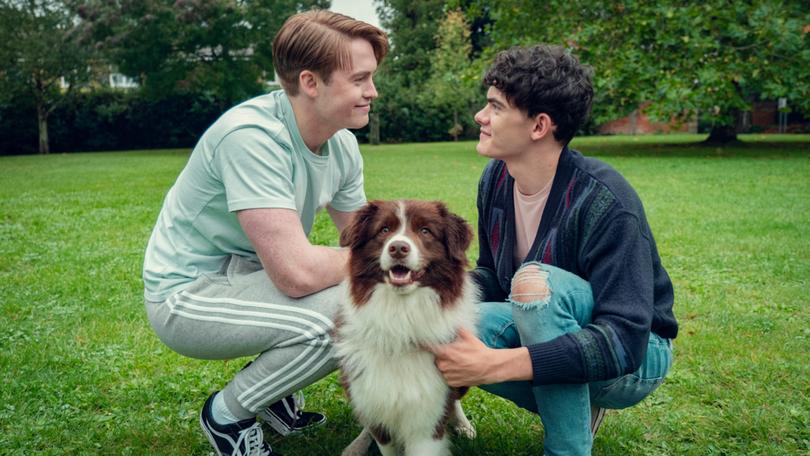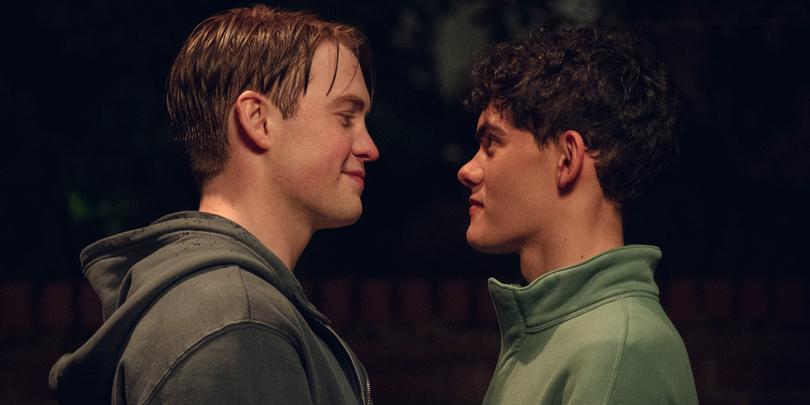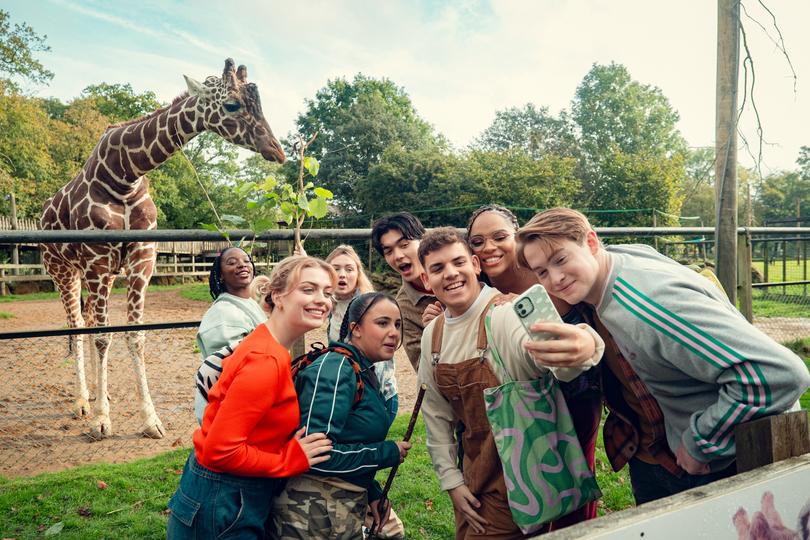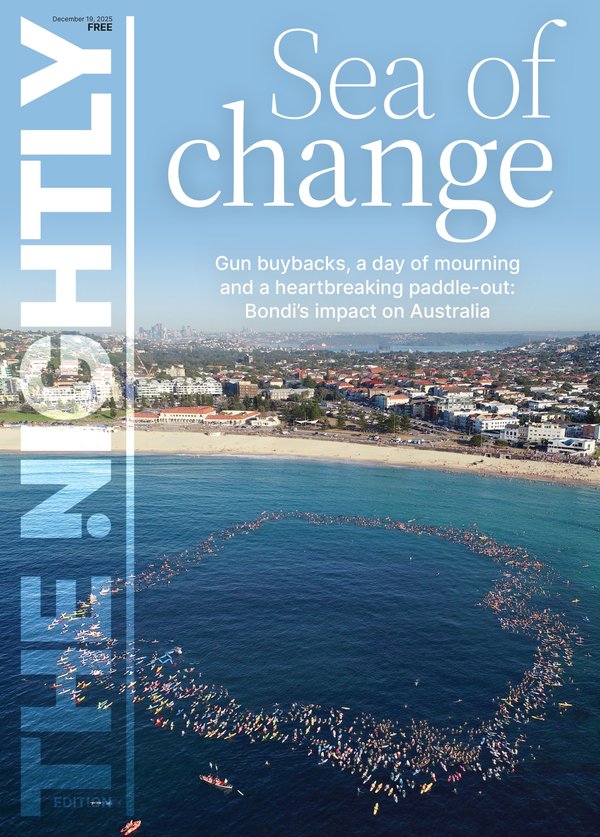Heartstopper season three: Imagine if adults were as emotionally mature as these kids

As an adult, you might think a teen romantic drama will be trite and frustrating. Those years were so intense – and not always in a good way – and no amount of nostalgia is enough to draw some people back.
Teenage characters also tend to remind us what idiots we were at that age. Heartstopper does that, too, but not because its characters are confrontingly dense but because they have an elevated level of emotional maturity and self-awareness.
If we had even a skerrick of that in high school, we’d all be much better-adjusted grown-ups.
Sign up to The Nightly's newsletters.
Get the first look at the digital newspaper, curated daily stories and breaking headlines delivered to your inbox.
By continuing you agree to our Terms and Privacy Policy.But that’s not to say that these characters are precocious and annoying in that specific TV or movie way (ahem, Chloe Grace Moretz in 500 Days of Summer). It’s so lovely to spend time with people who aren’t trying their darndest to be the smartest person in the room at the expense of everyone else.
The kids in Heartstopper are good people and the show celebrates kindness, friendship and generosity as if it’s the most natural thing, because it should be. It’s so wholesome in the best way. Not that its characters don’t face challenges and conflict, because they do.

Based on a webcomic and graphic novels, the British series is now in its third season, continuing the adventures of the students of Truham Grammar in a middle-class community in Kent.
It’s centred on Charlie Spring (Joe Locke), a gay teen whose crush on rugby star Nick Nelson (Kit Connor) led to a blossoming romance. By the time the third season starts, Charlie and Nick are well established as a couple and they’re so cute together.
They’re also 16 and 17 years old, obviously the prime years for exploring yearning and sexual desire, and one of the subplots of the season is when will it be the right time for Charlie and Nick to take it to the next level.
Heartstopper handles this with sensitivity but never any kind of moralising.
There’s also the matter of Charlie’s disordered eating and mental health challenges, which Nick is the first to voice to him. Maybe Nick is the fantasy boyfriend that doesn’t exist – certainly not on dating apps. He’s so sensitive to Charlie’s needs, sometimes to the detriment of what he really wants.

Even then, in the world of Heartstopper, Nick has friends who can rally and look out for him.
In this show, there is always someone there for you, whether it’s to help you through a panic attack because the expectations and pressures of a post-school future become too much or after your bigoted parents throw you out for being not heteronormative.
Even most of the adults are thoroughly decent.
Olivia Colman who played Nick’s mum in previous seasons couldn’t be in this instalment due to her schedule but Hayley Atwell stepped in as an aunt and there is so much heart and humanity in her advice to Nick that it reinforces Heartstopper’s (and Barbra Streisand’s) philosophy that “People who need people are the luckiest people in the world”.
Perhaps Heartstopper is unrealistic because, in real-life, there isn’t always a safe environment for teenagers to become who they are, whether that be non-binary, bisexual, transgender or asexual and aromantic.
But imagine if there was, and the trauma, anguish and hurt that comes from not being accepted didn’t have to be so painful. Heartstopper makes that world seem possible.
Heartstopper season three is on Netflix from Thursday, October 3
Butterfly Foundation: 1800 334 673

